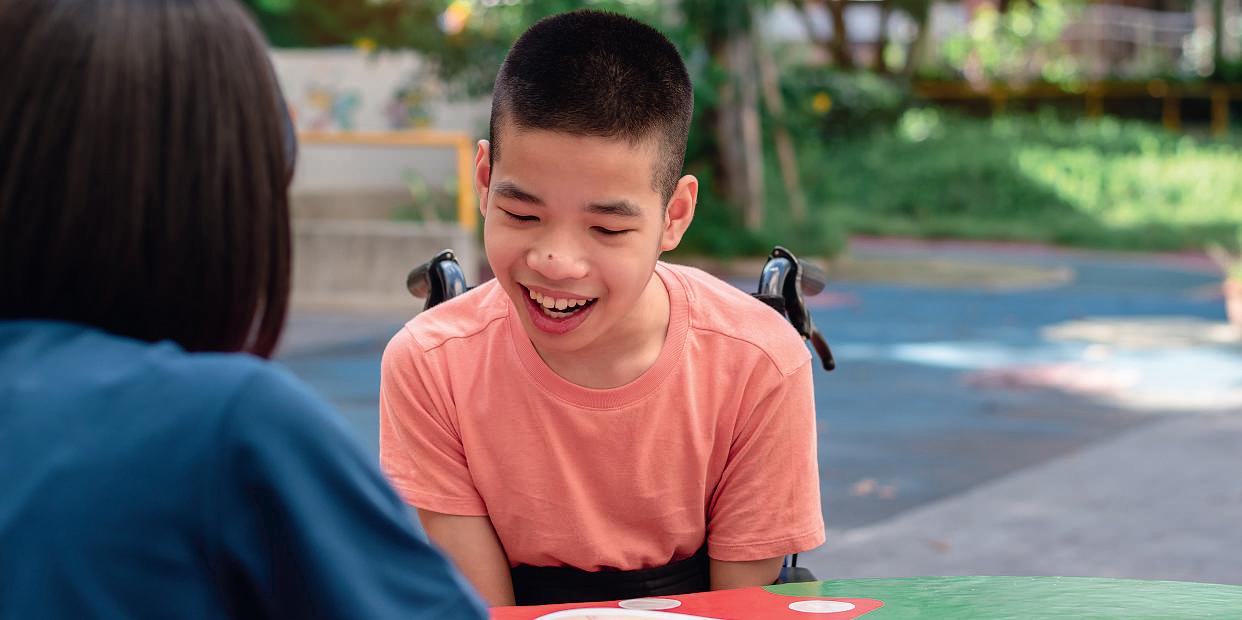
2 minute read
The British Journal of Special Education
by nasenCONNECT
There have been a number of articles over the last 18 months on the role of the SENCO during the pandemic. Many of these are around the practical implementation of the role, but two articles were published in the June 2021 edition of BJSE that focused more clearly on the leadership demands on SENCOs during the pandemic.
T
he first of the two articles published in the British Journal of Special Education (BJSE), authored by Amy Clarke and Elizabeth Done, explores the balancing act required by SENCOs as leaders and as advocates for vulnerable children. Pressures related to time and workload are familiar to SENCOs, but the strategic role required during the pandemic adds a layer of complexity. Amy and Elizabeth offer a fascinating analysis of how the experiences of SENCOs during the pandemic might impact on their roles moving forward.
The second article was written by Tristan Middleton and Lynda Kay, who surveyed the views of SENCOs across England between May and June 2020, when SENCOs had begun to develop ways of working during the lockdown. Tristan and Lynda then analysed the responses against 11 themes taken from the SEND Code of Practice (DfE & DoH, 2015): overseeing the day-to-day operation of the school’s SEN policy co-ordinating provision for children with SEN liaising with the relevant Designated
Teacher where a looked-after pupil has SEN advising on the graduated approach to providing SEN support advising on the deployment of the school’s delegated budget and other resources to meet pupils’ needs effectively liaising with parents of pupils with SEN liaising with Early Years providers, other schools, educational psychologists, health and social pcare professionals, and independent or voluntary bodies bodi being bein a keyke po p int oint f c f contact nt ct with with external agencies, especially the local authority and its support services liaising with potential next providers of education to ensure a pupil and their parents are informed about options and a smooth transition is planned working with the headteacher and school governors to ensure that the school meets its responsibilities under the Equality Act (2010) with regard to reasonable adjustments and access arrangements ensuring that the school keeps the records of all pupils with SEN up to date.


Although all 11 themes were evident in the survey responses, additional responsibilities emerged, one of which was particularly interesting in relation to providing emotional support to staff, pupils and their families.
Both of these articles will ring true for many SENCOs and, potentially, provide a basis from which SENCOs can review their roles post-pandemic.


